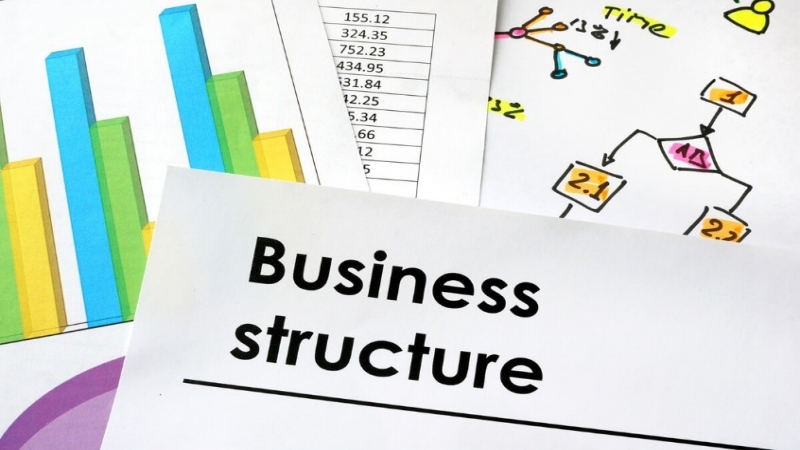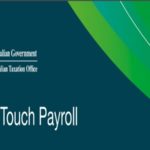When starting a business, many people are confused as to how to structure their business and will rely on advice provided by an accountant. There are several business structures, each with their own pros and cons. The structure of a business can impact the value of the business if selling, reduce the tax impact, and may potentially limit borrowing capacity.
A brief overview of the varying structures is as follows:
- Sole Trader: this is the most common form of business structure when a single person is involved. It involves no directors or shareholders, so ultimately the sole proprietor retains 100% of the control. Some Pros and Cons are as follows:
- It is relatively easy to change business structure should the business grow
- Sole traders retain the profits – i.e. there is no requirement to share profits across a business
- The business owner is liable for debts – should anything go wrong (and liquidated damages or other costs be incurred) there is no asset protection with this structure. This means the owner is responsible for the debts personally
- Access to finance is limited – generally lenders will restrict the amount of borrowing afforded to this structure
- Trust: businesses may be held in trust, most often a unit trust, discretionary trading trust, or a family trust. These each have differing rules, however in general this structure involves both a trust (which will have an ABN), and a trustee for the trust (which will carry an ACN). The trustee owns and operates the company assets, and also distributes the company’s income. Some Pros and Cons are as follows:
- Tax minimisation – income can be distributed at the trustees discretion to beneficiaries with the lowest marginal tax rates. If you have a big family, this can be lucrative!
- Owner discretion – trusts can assist in providing privacy regarding company ownership
- Asset protection – the beneficiaries do not own the assets, so creditors cannot pursue beneficiaries
- Cost to establish – this structure is more expensive than a sole trader structure, as a trust needs to be established. Generally this structure will cost around $5,000.00 to establish, depending upon the number of trusts involved
- Amending the structure at a later point may result in a Capital Gains Tax liability
- A trust must distribute profit to beneficiaries each financial year. This may impact the ability for the business to borrow (as the lender will recognise the business will hold little to no retained earnings)
- Private Company: this structure will have both an ABN and ACN, and it’s ownership will be determined by shares. Whilst the shareholders may own the company, the company is run by directors, who may or may not be shareholders. Some Pros and Cons are as follows:
- A company can own property in its own right
- It is generally easier to attract investment in this structure, as the shareholding may be altered (i.e. allowing purchase of an equity stake)
- The company may be a separate legal entity from the owners
- Minority shareholders may have little or no control over the business
- Owners are only allowed to leave shares to the company in their will, not specific company assets
- Partnership: this structure involves ownership by at least 2 individuals who provide capital and manage the business. This is common in the agricultural industry. Some Pros and Cons are as follows:
- Minimal setup costs
- Each partner may directly access tax losses
- No asset protection (a liability caused by one partner shall cause all partners to be liable)
- If a partner exits (or dies), the partnership must be dissolved, and a new partnership established
Overall, business structures can be complicated, and it is very important to set things up correctly from the start.
Whilst we cannot provide specific advice on which structure is right for you – we can help you finance your venture. To find out more about your financing options, contact one of the team at Flexible Capital today.




